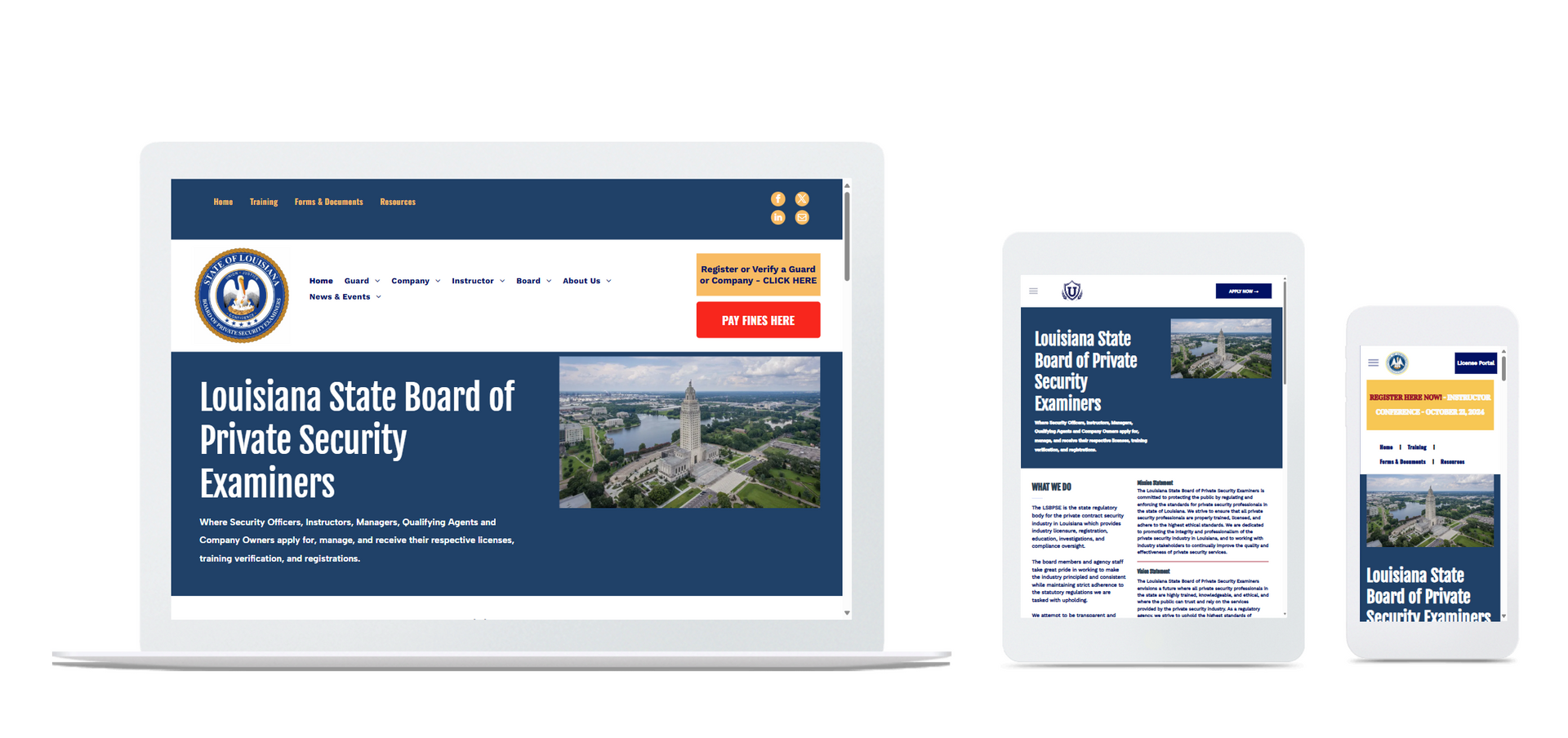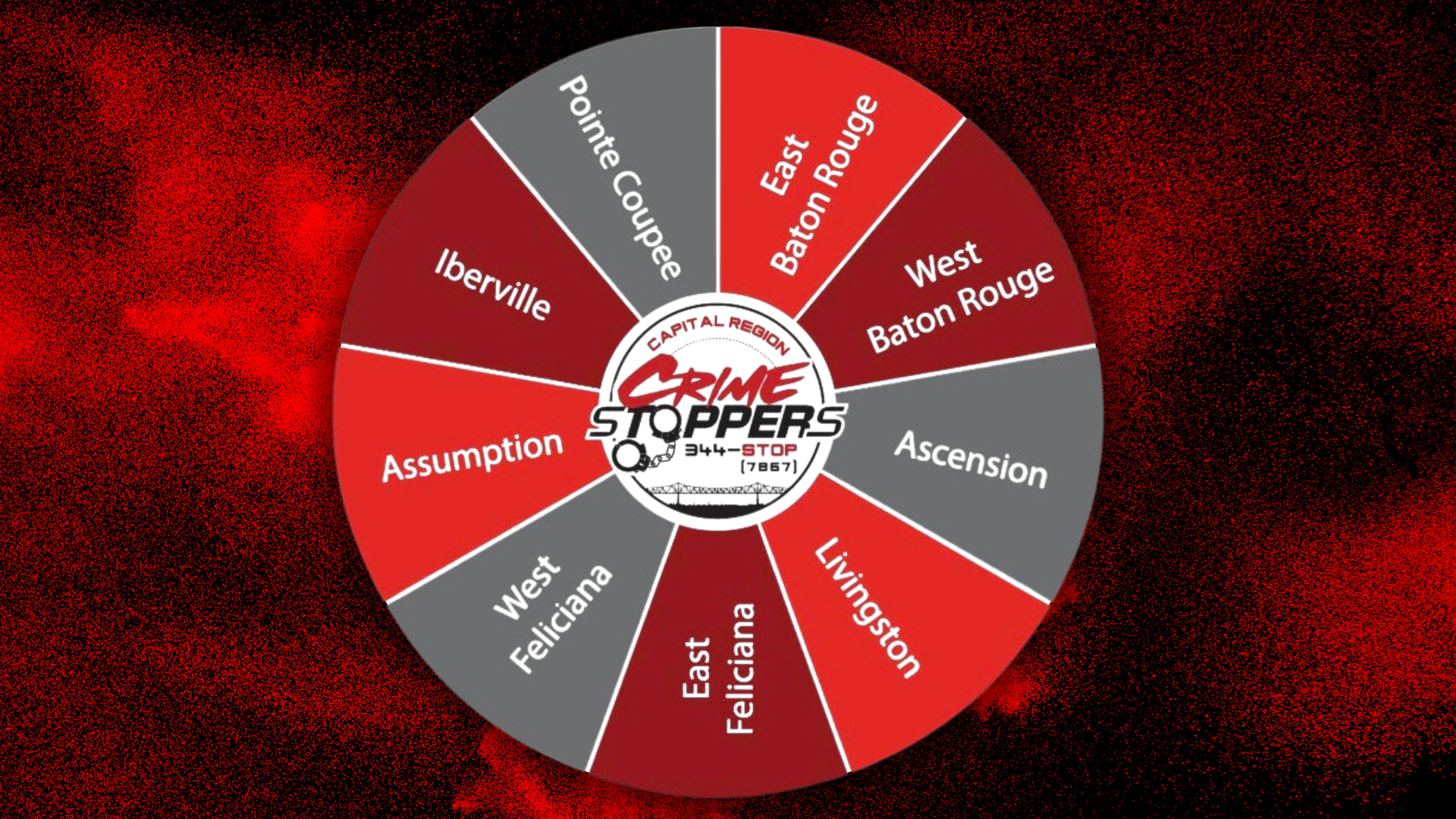The Importance of Monitoring Online Reputation Management for Small Businesses
In today’s digital-first world, a business’s online reputation can make or break its success. For small businesses, where every customer counts, maintaining a positive online presence is not just a luxury—it’s a necessity. Online Reputation Management (ORM) is the practice of monitoring, addressing, and influencing how your business is perceived online. It’s about ensuring that your brand is represented accurately and positively across search engines, review sites, social media platforms, and other digital channels.
Here’s why monitoring your online reputation is critical for small businesses and how it can impact your growth and sustainability.
1. First Impressions Matter
When potential customers search for your business online, what they find shapes their first impression. According to a BrightLocal survey, 87% of consumers read online reviews for local businesses, and 79% trust online reviews as much as personal recommendations.
If your business has negative reviews, outdated information, or no online presence at all, customers may choose a competitor instead.
For small businesses, where word-of-mouth and local visibility are key, a strong online reputation can be the difference between attracting new customers and losing them to competitors.
2. Builds Trust and Credibility
Trust is the foundation of any successful business. Monitoring your online reputation allows you to address negative feedback promptly and showcase your commitment to customer satisfaction. Responding to reviews—both positive and negative—demonstrates that you value customer feedback and are willing to improve.
For example, a thoughtful response to a negative review can turn an unhappy customer into a loyal one. It also shows potential customers that you’re proactive and care about their experience.
3. Boosts Local SEO and Visibility
Search engines like Google prioritize businesses with strong online reputations. Positive reviews, consistent business information (name, address, phone number), and active engagement on platforms like Google My Business can improve your local search rankings. Higher visibility in local search results means more traffic to your website, more foot traffic to your store, and ultimately, more sales.
Small businesses that actively manage their online reputation are more likely to appear in the coveted “local pack” (the top three businesses shown in local search results), giving them a competitive edge.
4. Identifies Areas for Improvement
Monitoring your online reputation isn’t just about damage control—it’s also an opportunity to learn. Customer feedback, whether positive or negative, provides valuable insights into what your business is doing well and where it can improve. For small businesses, this feedback is a goldmine for refining products, services, and customer experiences.
For instance, if multiple customers mention slow service in their reviews, you can take steps to streamline operations and improve efficiency. Addressing these issues not only enhances your reputation but also strengthens your business overall.
5. Mitigates the Impact of Negative Feedback
No business is immune to negative reviews or complaints. However, how you handle them can significantly impact your reputation. By actively monitoring your online presence, you can quickly identify and address negative feedback before it escalates.
Ignoring negative reviews or failing to respond can make your business appear indifferent or unprofessional. On the other hand, a timely and empathetic response can diffuse tension and show that you’re committed to resolving issues.
6. Encourages Positive Word-of-Mouth
Happy customers are your best advocates. When you actively manage your online reputation, you encourage satisfied customers to leave positive reviews and share their experiences with others. These reviews act as social proof, influencing potential customers to choose your business over others.
For small businesses, positive word-of-mouth—both online and offline—can lead to increased brand awareness and customer loyalty.
7. Protects Your Brand from Crises
In the age of social media, a single negative post or review can go viral and cause significant damage to your brand. By monitoring your online reputation, you can detect potential crises early and take action to mitigate their impact. Whether it’s addressing a customer complaint or correcting misinformation, staying ahead of the curve is essential for protecting your brand’s integrity.
How to Monitor Your Online Reputation
Now that you understand the importance of ORM, here are some practical steps to get started:
- Set Up Google Alerts: Receive notifications whenever your business is mentioned online.
- Claim Your Business Listings: Ensure your business is listed on platforms like Google My Business, Yelp, and industry-specific directories.
- Monitor Review Sites: Regularly check sites like Google Reviews, Yelp, and Facebook for customer feedback.
- Engage on Social Media: Actively respond to comments, messages, and mentions on social media platforms.
- Encourage Reviews: Ask satisfied customers to leave positive reviews, but avoid incentivizing them, as this can violate platform policies.
Conclusion
For small businesses, online reputation management is not just a marketing strategy—it’s a vital component of long-term success. By actively monitoring and managing your online presence, you can build trust, attract new customers, and foster loyalty. In a competitive marketplace, your reputation is one of your most valuable assets. Protect it, nurture it, and watch your business thrive.
Remember, your online reputation is a reflection of your brand’s values and commitment to customer satisfaction. Make it count!




